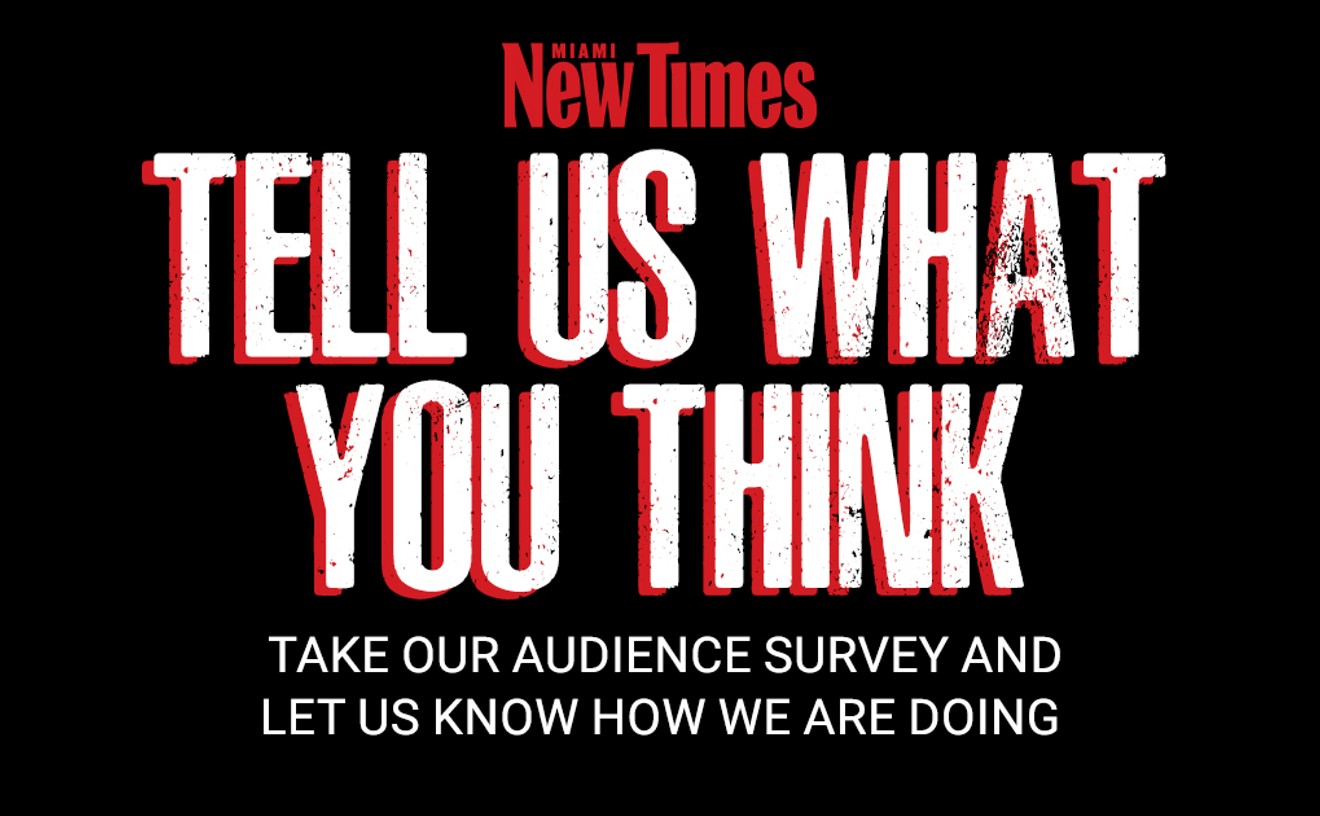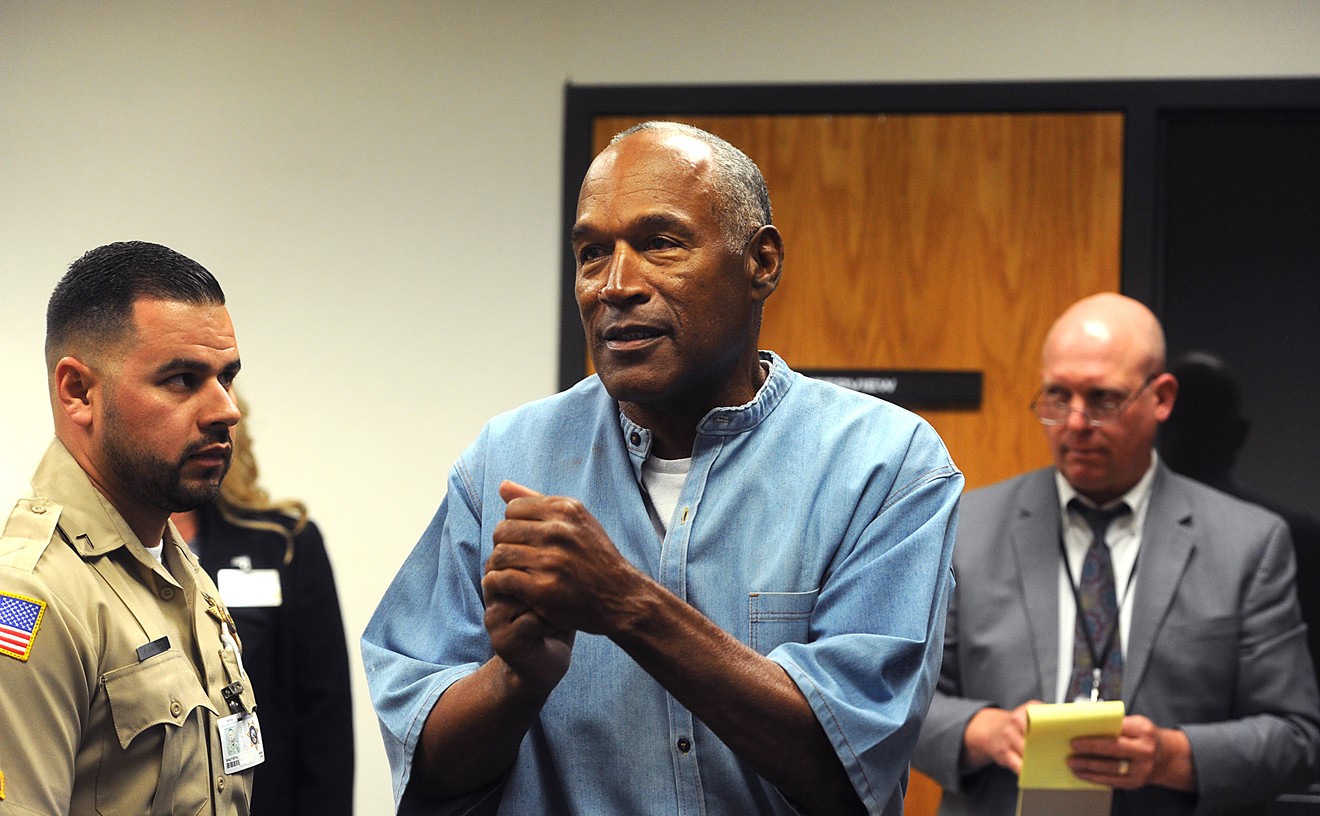Political gadfly Fane Lozman had just stepped up to the lectern at the Riviera Beach City Council meeting and begun speaking — this time about the arrest of a corrupt local politician — when one of the council members cut him off.
"You have a right to say what you want to say publicly," Elizabeth Wade told Lozman, who was fresh off of suing the city to prevent it from using eminent domain to make way for a massive private development, "but you wont stand up and start —"
Undeterred, Lozman continued talking. He refused to leave the lectern — and was subsequently handcuffed and escorted out of the meeting by a police officer whom Wade had directed to "carry him out." Charged with disorderly conduct and resisting arrest without violence, Lozman spent hours in jail.
Nearly 12 years later, after a protracted battle between Lozman and Riviera Beach, the U.S. Supreme Court has sided with him. He can now pursue his claim that the November 2006 arrest violated the First Amendment because it was made in retaliation for his protected speech.
"I found out at 10 o'clock this morning," says Lozman, a Miami native who made a fortune as a software engineer before becoming a decorated government agitator. "I let out a high-pitched scream that startled sleeping cats far and wide."
The fight between Lozman and Riviera Beach had reached the Supreme Court once before. In 2009, three years after he successfully stopped the city's attempt to redevelop the marina where he lived, the council seized and destroyed his floating home. In 2013, the high court ruled 7-2 that the home was not a vessel and thus not subject to an admiralty law the city used to take it.
In the more recent case, Lozman argued his arrest was part of an official plan by council members to try to retaliate against him. He pointed to a transcript from a closed-door meeting in which Wade suggested the city use its resources to "intimidate" him, and the other council members agreed. Riviera Beach denied there was such a plan and maintained it had probable cause for the arrest.
Lozman's lawsuit won support from media groups including the Associated Press and the National Press Photographers' Association, as well as First Amendment advocacy groups such as the American Civil Liberties Union and First Amendment Foundation.
"This happens all over the country," Lozman says. "It's not unique to me."
The Supreme Court justices' 8-1 decision, with Clarence Thomas dissenting, sends the case back to the 11th Circuit Court of Appeals to review whether Lozman's arrest was valid. The lower court had upheld a federal jury's verdict rejecting Lozman's claim that the arrest was retaliation.
The ruling could shield other municipal agitators from arrest for criticizing elected officials at public meetings, giving them a cause of action against the government if they are able to prove animosity.
"It's a great day for the First Amendment," Lozman says. "And I'm just grateful that the Supreme Court recognized that the First Amendment cannot be tossed to the curb by municipal governments. They made a stand to uphold it."
[
{
"name": "Air - MediumRectangle - Inline Content - Mobile Display Size",
"component": "19274298",
"insertPoint": "2",
"requiredCountToDisplay": "2"
},{
"name": "Editor Picks",
"component": "17482312",
"insertPoint": "4",
"requiredCountToDisplay": "1"
},{
"name": "Inline Links",
"component": "18711090",
"insertPoint": "8th",
"startingPoint": 8,
"requiredCountToDisplay": "7",
"maxInsertions": 25
},{
"name": "Air - MediumRectangle - Combo - Inline Content",
"component": "17482310",
"insertPoint": "8th",
"startingPoint": 8,
"requiredCountToDisplay": "7",
"maxInsertions": 25
},{
"name": "Inline Links",
"component": "18711090",
"insertPoint": "8th",
"startingPoint": 12,
"requiredCountToDisplay": "11",
"maxInsertions": 25
},{
"name": "Air - Leaderboard Tower - Combo - Inline Content",
"component": "17482313",
"insertPoint": "8th",
"startingPoint": 12,
"requiredCountToDisplay": "11",
"maxInsertions": 25
}
]











